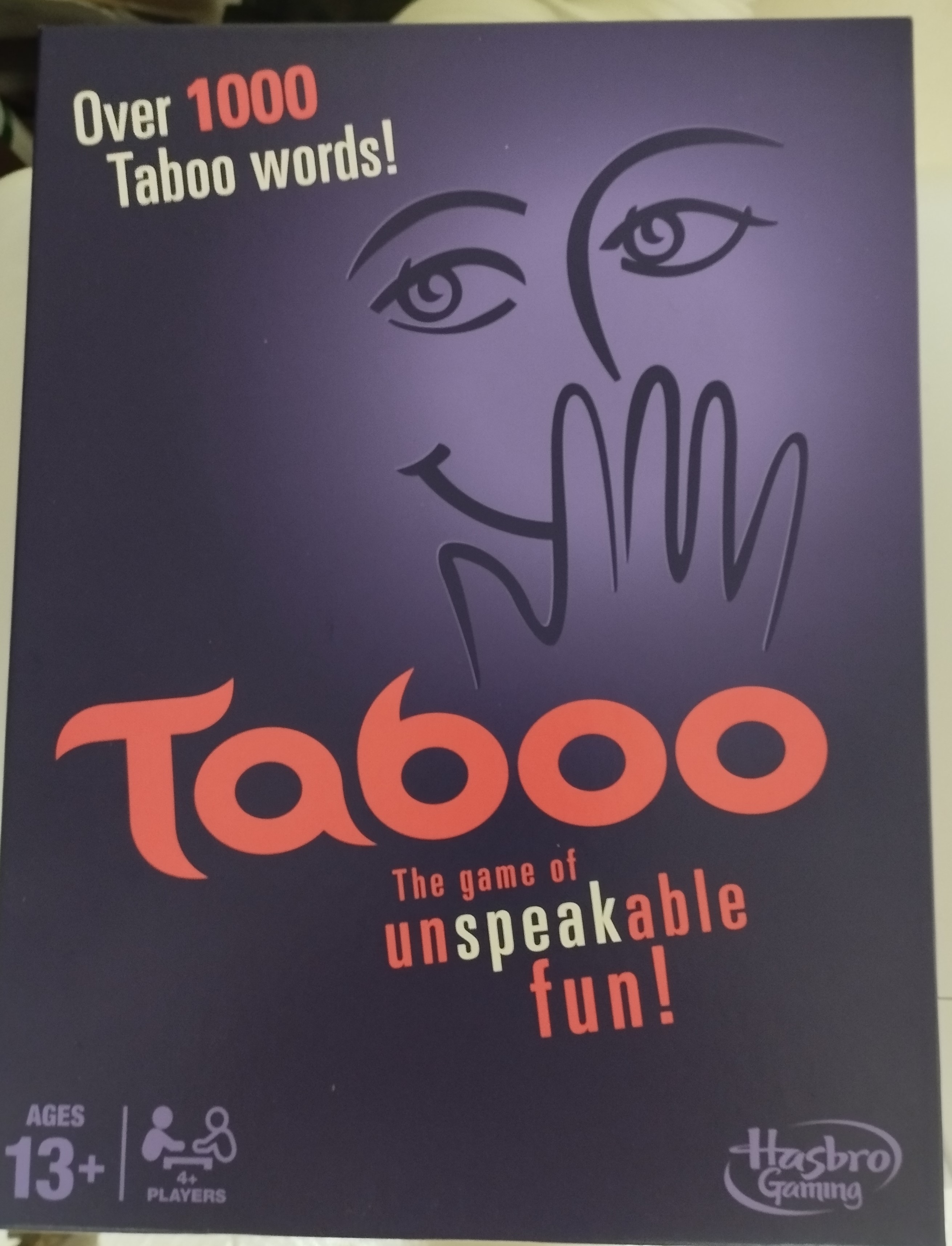
We all know that speaking is the most challenging skill of all in a second language. We get nervous and block and cannot get the words out. As a result we lose confidence and give up. But to learn we have to get over our nerves and say what we mean to say even if we get the ending of the verb wrong or we err on the pronunciation. Making mistakes is all part of learning a language. That is what the teacher´s job is, to help us correct them. For perfect pronunciation, there is nothing better than to hear a native speak. If we listen attentively we can learn how to pronounce the soft “R” as in father or the hard “R” as in cream.
As a teacher I find students generally bottle up when they have to speak. To help them open up, I ask them personal information using the question words who, where, when, how many, what, why. For example:
- Who is your best friend?
- Where do you live?
- When is your birthday?
- How many in your family?
- What is your favourite day of the week?
- Why are you studying English?
These are my warmer questions to get them thinking in English. They may be only one word answers such as the name of their best friend and where they live but with the question Why I can elicit more information. For example:
I am studying English because I want to advance in my career
Little by little I help them build their confidence and lose their shyness. The secret is finding topics that interest them as they will always have something to say. It can be anything from sport, social media, the environment, politics, family pets and shopping. The list is endless. Once they have built up their confidence and can expand a bit more on the topics, I introduce them to boardgames. Taboo is one of my favourites as it stretches their imagination . The object of the game is to explain a word without using the forbidden words that appear on the card. If they use any of the forbidden words,they have to say Taboo and leave the game. They need a lot of imagination here too as the forbidden words are always the most obvious. For example, if they choose the word TV, the forbidden words are Films, Series, Screen, Netflix. They always find this game a challenge.
Another game I play is How often do you? The students throw the dice and once they land on their spot, they have to answer the question on the board using a frequency adverb such as often, never, seldom, occasionally, always, generally. A typical question used is: How often do you watch TV?
Card games also are a fun way to draw out the students too. Pictionary is very popular. It helps motivate them to use their creativity by describing the word on their card selected through picture cards. They are not allowed to speak. Their teamplayer has a limited time to guess the word. If they cannot guess the word in time, the team loses a point.
Thus, knowing your students and using the right tools to engage them goes a long way to helping them lose the fear of speaking. Once they get involved in the activities and games, they immediately lose their self-consciousness , start relaxing and the English starts flowing!